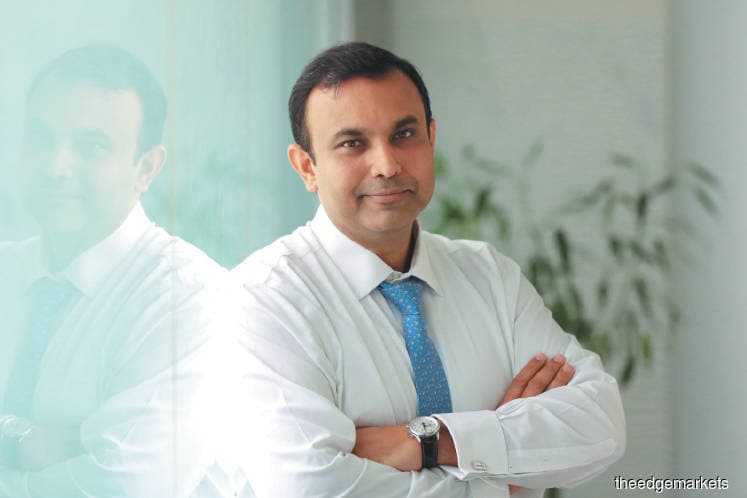
This article first appeared in The Edge Malaysia Weekly on August 26, 2019 - September 1, 2019
BANKS have, for some years now, focused their digitisation efforts within the retail banking space, but it is time for them to start stepping up on the corporate banking side, says McKinsey & Co.
“Digitisation is still in the early stages in corporate banking. As it matures, more fundamental changes will ensue, enabled by the free flow of data between banks, their clients and third parties. The resulting ‘ecosystems’ will catalyse new operating models and disruption on an unprecedented scale,” the consulting firm says in an Aug 14 report, titled “The power of many: Corporate banking in an ecosystem world”.
Ecosystems create new opportunities for banks and enable better systems, according to Akash Lal, a senior McKinsey partner in Mumbai, India, and one of the authors of the report. Akash is the firm’s corporate banking practices leader for Asia.
“When you talk about ecosystems on the corporate side, it’s really [about] looking at the entire end-to-end opportunity, integrating between the suppliers, the providers and other players — including other financial players — as well as bringing on board other non-financial players,” he tells The Edge in a phone interview.
In China, for example, a partnership late last year between the central bank, Standard Chartered Bank, automotive company BYD and insurer Ping An as the technology provider created a trade finance blockchain platform.
The platform enables participants — including small and medium enterprises (SMEs) — to access financing and services that include logistics, customs and tax advisory. The benefits include lower interest rates and much faster loan approvals — 20 minutes compared with weeks.
“[As a bank], you get to provide a full set of services digitally to the corporates or SMEs on this platform. And because you have data on loans, your ability to actually underwrite and intermediate those loans increases quite dramatically. Additionally, the smaller clients who often may not have collateral, or may not be able to access formal funding, will now be able to access funding much easier because it’s [now] all part of a formal ecosystem,” says Akash.
Under the platform, the turnaround time for loans also improves significantly, he adds. “Typically, if you go to a bank and do a standard loan application with collateral, it can often take days or even weeks; whereas here, because you have access to data and you can leverage artificial intelligence and models to underwrite, it can be a matter of minutes rather than days.”
Globally, China is taking the lead in developing ecosystems, Akash says. Banks there are already getting involved, with a range of adoption models emerging, from fintech-based platforms to marketplace ecosystems and partnerships with large companies.
Large European and US-based banks are also taking steps, primarily through partnerships with fintechs and exploration of the implication of open banking.
In Malaysia, Akash says, a few of the bigger banks have started taking tentative steps.
“I think the Malaysian banks are starting to look at the entire journey around the digitisation of corporate banking ... at least, one or two banks that I am aware of. But overall, I think the Malaysian banks are still similar to other banks in Asia in that they have gone much further ahead on the retail [banking] side, but are somewhat behind on the corporate and SME side,” he opines.
McKinsey estimates that in the next 10 years, ecosystems will replace numerous value chains globally. By the mid-2020s, they will likely account for US$60 trillion in revenue and span 30% or more of global gross economic output.
“Ecosystems enable expansion, innovation, data-sharing and new business opportunities. Regional players may benefit in particular from extended reach and scale. Given the range of possibilities and the chance to create critical mass, ecosystems are likely to be a key disruptive threat to corporate banking over the coming decade. If banks are to catch the wave, the time for action is now,” it says.
Save by subscribing to us for your print and/or digital copy.
P/S: The Edge is also available on Apple's AppStore and Androids' Google Play.